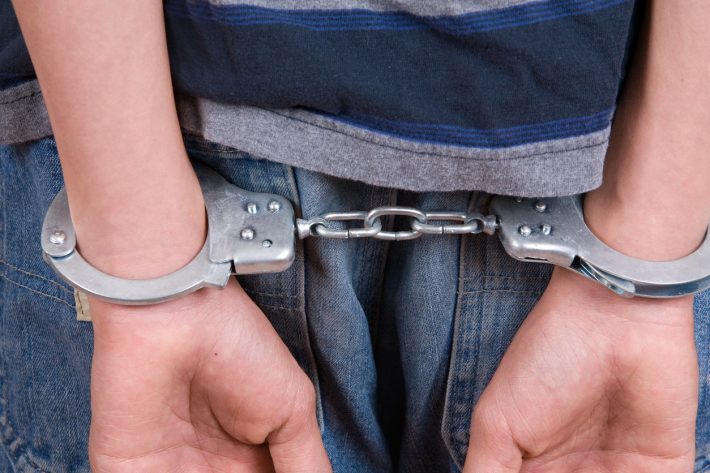WHEN CAN A CHILD BE RESPONSIBLE FOR A CRIME?
March 15, 2017
When can a child be found criminally responsible for a crime? It’s a discussion that crops up every now and again, usually in fairly unpleasant circumstances. Take, for example, the terrible British case in which toddler James Bulger was lured away from a shopping centre by two children aged ten, only to be beaten to death, with his body left on the local railway tracks. Amongst the shock and outrage over such a savage act was the disbelief that two children could have been responsible.
Fast-forward to 2016 and the Australian High Court has grappled with a case which, though not a cold-blooded murder, was certainly shocking and horrific in its own right. It casts more light on the circumstances in which a child may be found to be criminally responsible.
Background
In about 2004, the boy was aged 11. He raped his 6 year-old brother twice. On both occasions, the pair had been left without adult supervision and the boy had stopped as soon as he heard an adult approaching.
The case was heard about 10 years later and the boy (who was then aged around 21 years) was found guilty and sentenced to a prison term.
The Court found that the boy:
- Used force.
- Put his hand over his brother’s mouth.
- Was aware of his brother’s distress.
- Stopped as soon as he heard an adult nearby.
- Instructed his brother to “say nothin’.”
The boy appealed but the appeal court found that even though he was only 11 at the time, he knew that his behaviour was “seriously wrong in a moral sense.”
The boy appealed the decision to the High Court.
High Court’s decision
The High Court had to closely look at how the law applied to children. It said that the law presumed that a child up to the age of 14 years old could not know that their behaviour was wrong and so could not be found to be criminally responsible for a crime. In other words, they lacked the capacity to be criminally responsible for their actions. For children aged between 10 and 14, this was the legal position unless there was enough evidence to contradict (or rebut) this presumption.
The High Court had to decide this question by considering whether the boy had sufficient intellectual and moral development to understand the difference between right and wrong.
It looked at the boy’s intelligence and found that on two occasions (when he was in his late teens), his intelligence was assessed as being so low that he was borderline intellectually impaired.
The Court also had serious questions about whether his upbringing had been “robust” enough to give him a good moral compass. In other words, had he been taught to tell the difference between right and wrong? There were questions about whether the boy himself had been sexually abused and the Court also said that because he was left in charge of his younger siblings, the care arrangements seemed inadequate.
This was a key aspect of the High Court’s evaluation of the case. It found that the boy may not have known that his behaviour was seriously morally wrong. The Court found it difficult to properly answer this question because there wasn’t enough evidence about his home life, carers and school performance.
Because of the lack of evidence, the Court overturned the decisions of the other courts and the boy was acquitted.
What does it mean?
In Australia, the law also says that children under the age of 10 cannot ever be found to be criminally responsible for a crime.
This recent High Court judgment confirms however that there is a grey area for children aged between 10 and 14 years. The law assumes that children in this age bracket don’t know that their behaviour might be seriously wrong and this state of mind is the key when it comes to determining guilt or innocence.
The presumption of innocence can be rebutted if the prosecution can prove that they knew that what they were doing was wrong. The High Court has relied on the boy’s upbringing and home life but in the end could not properly work this out due to lack of evidence. It is important to note that it wasn’t necessary for the boy to know that what he was doing was illegal; only that it was wrong.
It is possible that if a person committed a crime as a child aged between 10 and 14, they may be found to be criminally responsible depending on whether their upbringing and home life equipped them to know the difference between right and wrong.
Websters Lawyers has a team of criminal lawyers with outstanding abilities and experience. If you are concerned about any issues raised in this article, contact us today for a free first interview.


